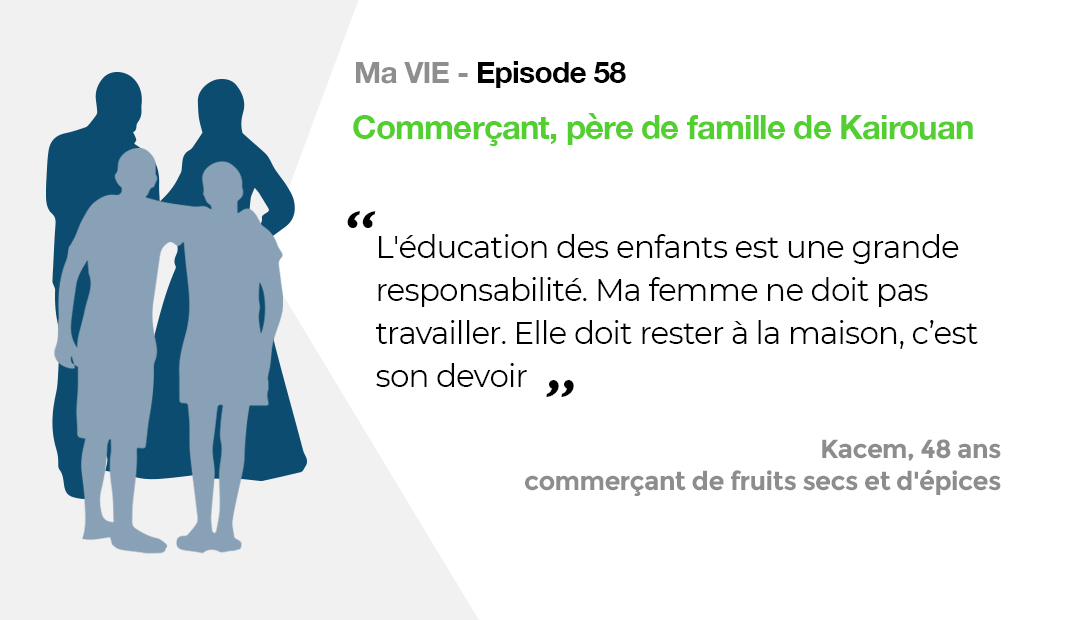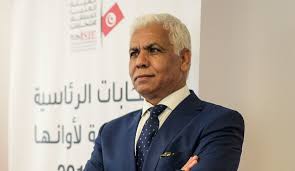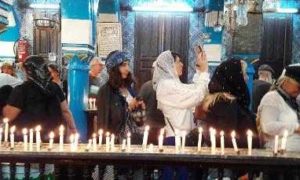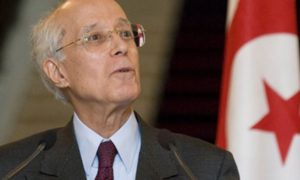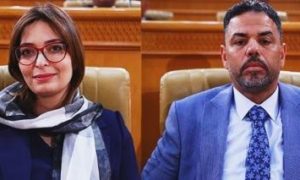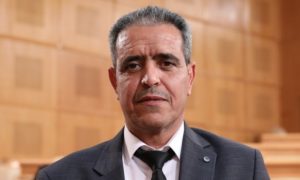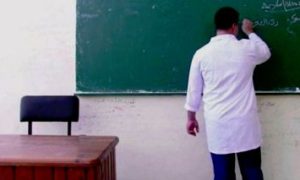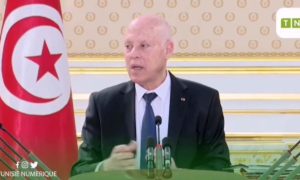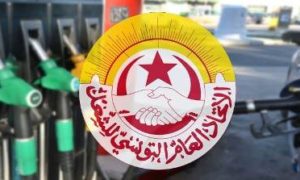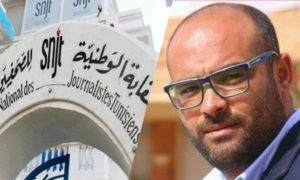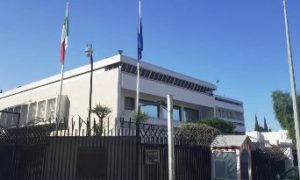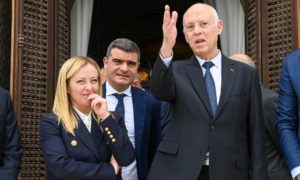Tunisie Numérique conducted a series of interviews with Tunisian families to uncover how they handle their budgets in these times of crisis the country is going through.
These Tunisians come from various social classes, are of different ages and live in both upscale and working-class neighbourhoods. They voluntarily agreed to respond spontaneously and anonymously to the questions from Tunisie Numérique. The stories were transcribed as they are.
Kacem is 48 years old, he is a dried fruit and spices merchant in Kairouan.
Kacem is married to Souad, his junior by 6 years, and a housewife. The couple has two boys, Jaafar, 15, and Abdelkarim, 13, both at a public middle school. Kacem possesses a utility vehicle and a family car.
Trader and farmer
Kacem informs us: “Thank Allah, I come from a wealthy family which has a beautiful heritage of agricultural land. My father, in addition to farming, was a great trader. It was he who instructed me the tricks of the trade, Allah Yarhmou’’
Kacem continues: “After the passing of my father, I decided to stop my studies in accounting and dedicate myself full-time to the dried fruit and vegetable trade. I took the reins of the family business. My brothers were not good at business like me, they were civil servants.”
Kacem tells us that he continues to cultivate the land inherited from his father with its 600 olive trees.
Kacem proudly states: “We have the finest olives in the region. The olive oil extracted from it is outstanding. Liquid gold!”
The conception of the couple: The man at work, the woman at home
Kacem tells us about his marriage: “I married Souad who gave me these 2 beautiful boys. My wife knew that marriage was dependent on her staying home and not working. Why work if you have enough money to live Hamdoullah.’’
Kacem insists: “Looking around me, in the extended family environment, I do not regret keeping my wife at house to take care of our children. I am persuaded that for a mother to take care of her children and devote most of her time to them is much more significant than working outside the home, which could hurt the emotional and psychological of children when their parents are absent for long periods…”
He adds: “The presence of my wife at home gives me a feeling of security and tranquillity. I am assured that my children are in good hands and that all their needs are fully met…”
With an insistent and moralizing air Kacem tells us: “The education of children is a significant responsibility. My wife doesn’t have to work. She must stay at home, it’s her duty.”
Finances
Kacem tells us about his finances: “I make, on average, 4,000 dinars per month. I likewise inherited 600 olive trees from my father. Thanks to the olive harvest, I earn 30,000 dinars per year. This is a substantial additional income although production has fallen in recent years due to drought and low rainfall. I do not hide, nevertheless, that I am in a fairly easy situation, Hamdoullah.
Kacem gives us details on family budget management: “The family household budget is between 1,700 to 2,000 dinars per month, not counting electricity, water and internet bills. It is during Ramadan and Eid Kébir that the budget blasts. This is without forgetting summer vacations with the family, for an average envelope of 3,000 dinars.
Kacem tells us that the family has just returned from a trip to Spain which cost them 10,000 dinars. He says, “I spent 10,000 dinars on this trip which was exceptional on all levels, particularly the finances. It’s getting more and more expensive to travel with family these days.”
Kacem tells us his dream: “I want my two boys to finish their studies and not give up. They will pursue higher studies abroad and have prestigious scientific diplomas.
The family budget
Earnings:
Kacem’s net monthly income: is 4,000 dinars.
Supplementary income from the olive harvest: 30,000 dinars per year.
Expenses :
- 1,700 dinars/month for food expenses and cleaning products.
- 400 dinars/month for the 2 boys’ clubs.
- 700 dinars/month fuel costs.
- 80 dinars for the Internet subscription.
- 100 dinars for the SONEDE invoice.
- 250 dinars for the STEG bill
The Ramadan budget is 2,500 dinars. On the occasion of Eid El Fitr Kacem plans a total envelope of 1,100 dinars.
For Eid Kébir, Kacem reserves 1,200 dinars for the buying of a sheep.
The purchase of school supplies each school year is assessed at 1,000 dinars.
The family dresses from stores
Kacem profits from social security coverage and has 3 bank accounts.
Kacem confesses to never having taken out a bank loan in his life.
To read other episodes, click HERE.
What's happening in Tunisia?
Subscribe to our Youtube channel for updates.



